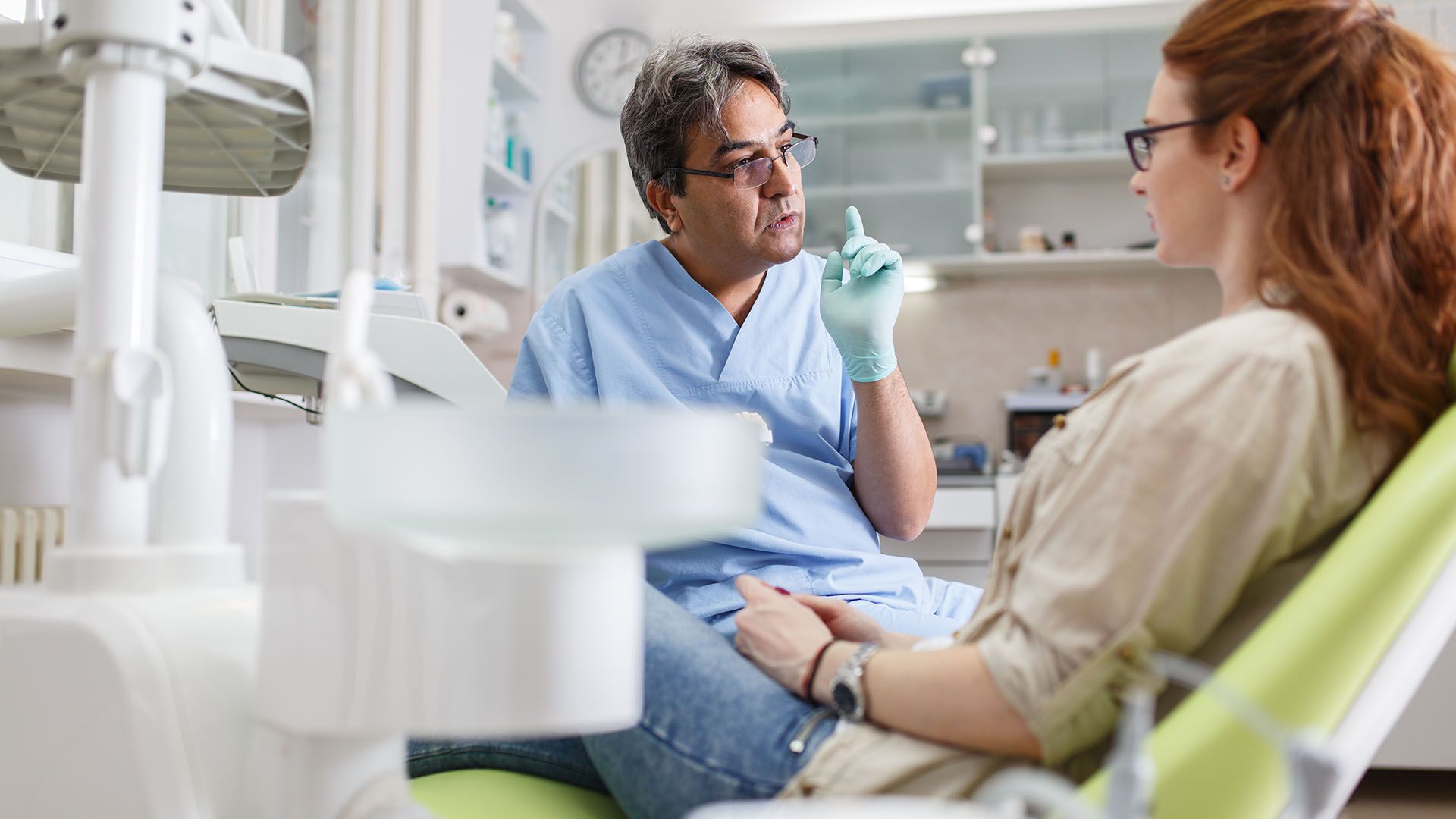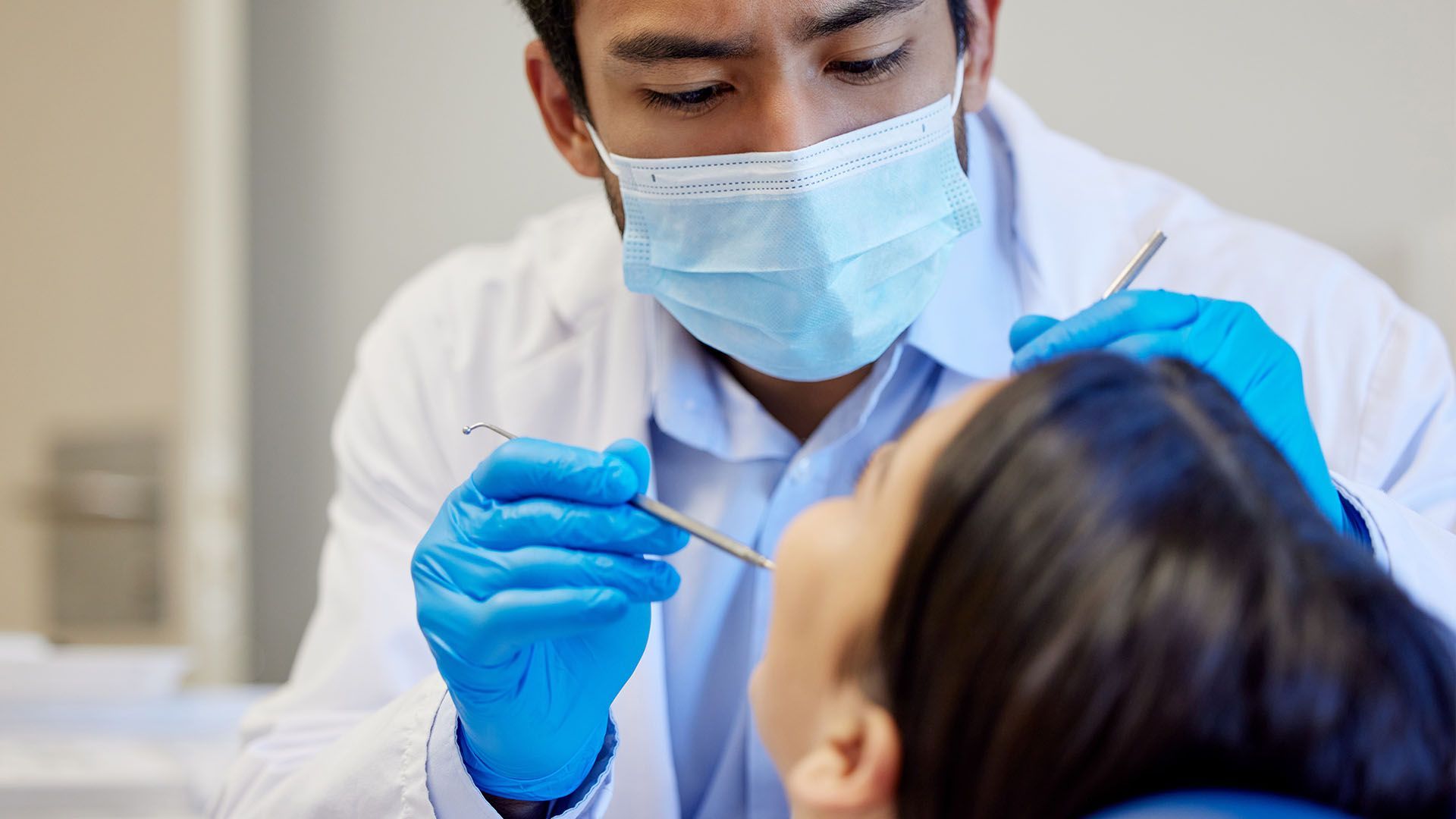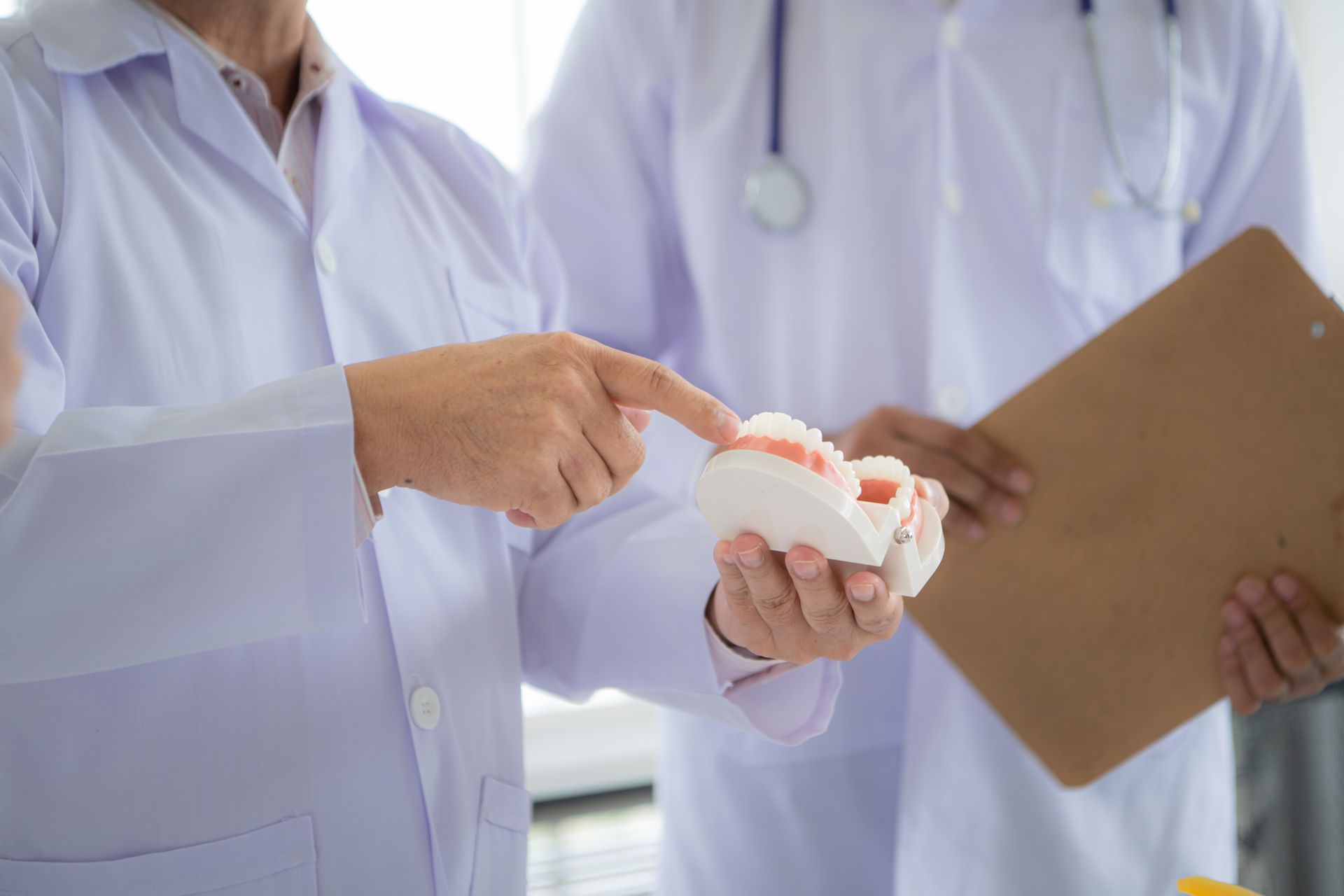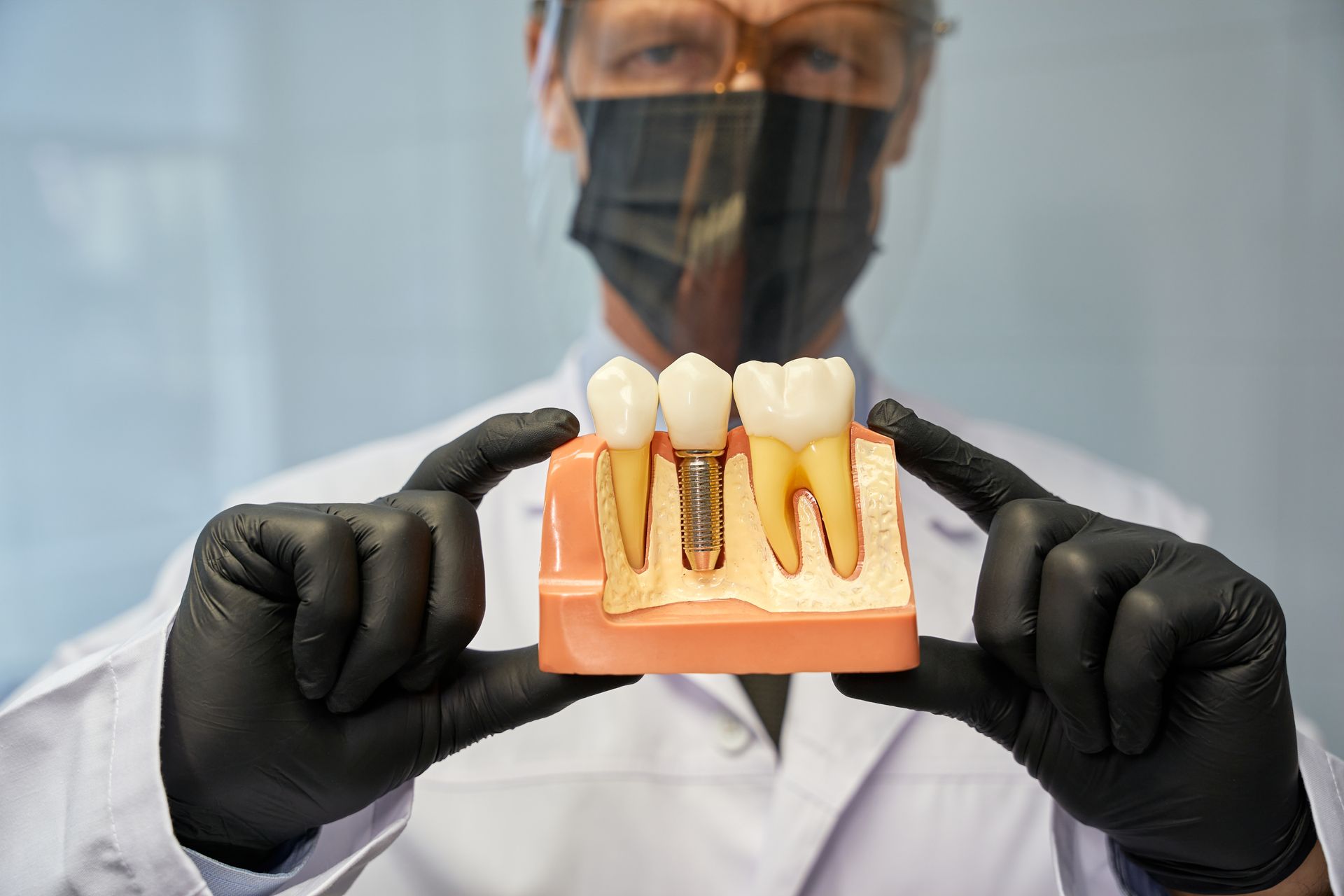Why You Might Have Bad Breath After Dental Implants

Dental implants are a trusted, long-term solution for replacing missing teeth. But many patients worry: do dental implants cause bad breath? While the implant itself is odorless, several factors associated with the healing process and oral care can contribute to unpleasant breath.
This article answers that question directly and walks you through the common causes, prevention tips, and when it’s time to seek dental help.
What Causes Bad Breath After Getting Dental Implants?
Poor Oral Hygiene
One of the most common causes of bad breath—whether or not you have implants—is insufficient oral hygiene. When plaque and food particles aren't removed properly, they collect around the gumline and implant post. Over time, this leads to bacterial buildup, which releases foul-smelling compounds.
Even though dental implants are artificial, the surrounding tissues and gums still require the same care as natural teeth—if not more.
Peri-Implant Mucositis and Peri-Implantitis
Two common inflammatory conditions can develop around dental implants:
- Peri-implant mucositis: Inflammation of the soft tissue surrounding the implant.
- Peri-implantitis: A more advanced form that includes bone loss.
Both are often caused by bacteria and plaque buildup. These infections can create a persistent odor and even affect the longevity of the implant if not treated promptly.
Food Trapped Under or Around the Implant
The space between the gums and an implant crown may trap food particles. If not thoroughly cleaned, these trapped particles can break down and produce a strong odor. Poor fitting crowns or awkward implant placement may increase the likelihood of food becoming lodged in these areas.
Dry Mouth and Other Contributing Factors
Dry mouth—also known as xerostomia—can make any oral odor worse. Saliva helps wash away food debris and neutralize acids produced by bacteria. A lack of saliva due to medications, dehydration, or certain medical conditions creates a dry environment where bacteria thrive.
Other contributing factors include:
- Smoking or vaping
- Poor diet
- Chronic sinus issues
- Skipping regular dental visits
Are Dental Implants the Direct Cause of Bad Breath?
No—dental implants themselves do not cause bad breath.
The materials used (typically titanium or zirconia) are biocompatible and do not produce odor. Bad breath usually stems from external issues like plaque buildup, gum inflammation, or poor hygiene, not the implant fixture itself.
It’s a common misconception that the implant is to blame. In truth, most odor issues are entirely preventable with the right care.
How to Prevent Bad Breath with Dental Implants
Maintaining a clean and healthy mouth is key to avoiding post-implant bad breath. Here's how to stay fresh:
Daily Implant Cleaning Tips
- Brush at least twice a day with a soft-bristled toothbrush.
- Use
non-abrasive toothpaste to avoid scratching the implant crown.
- Floss daily with dental floss or a
water flosser to clean around the implant.
- Consider using
interdental brushes to reach difficult areas.
If you have a full-arch implant bridge or overdenture, be sure to clean underneath the appliance daily.
Regular Dental Checkups and Cleanings
Professional cleanings are crucial—especially for implant patients. Your dentist will:
- Remove hardened plaque (tartar)
- Check for signs of peri-implant disease
- Offer personalized hygiene advice based on your implant type and placement
Regular exams allow early detection and treatment of potential issues, keeping your mouth odor-free and your implant healthy.
What to Watch For
If you experience any of the following symptoms, it may be time to revisit your dentist:
- Persistent bad breath or bad taste in your mouth
- Bleeding or swollen gums near the implant
- Pain, tenderness, or pus around the site
- A loose implant or crown
These may be early signs of infection, food impaction, or peri-implantitis—and shouldn’t be ignored.
When to Contact Your Dentist
Mild breath issues can sometimes be resolved with improved brushing or flossing. But if odor persists for more than a few days, or is accompanied by discomfort or swelling, it’s time to call your dental provider.
Your dentist can professionally clean the implant site, evaluate for infection, and recommend treatment options like antimicrobial rinses or deeper debridement if needed.
Early intervention is always better than waiting.
Conclusion
So, do dental implants cause bad breath? Not directly. Bad breath after implants is typically caused by poor hygiene, plaque buildup, or inflammation around the implant—all of which are preventable and treatable.
If you’re considering implants or already have them, consistent care and regular dental visits are your best defense against odor. Clean your implants well, stay hydrated, and talk to your dentist if anything feels off.
With the right routine, your dental implants can support a healthy, fresh-smelling smile for years to come.
FAQ








